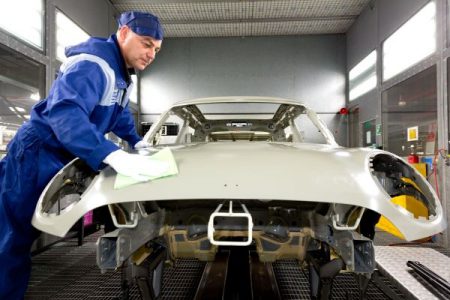According to the latest edition of the International Energy Agency’s Global EV Outlook, the number of electric cars in motion has to reach 600 million by 2040 in order for the current greenhouse gas emission target of temperature increases below 2°C to be reached and maintained.

Currently, we are nowhere near this figure, as only 0.2% of total light-duty vehicles were EVs in 2016. The figure is estimated to rise to 20 million vehicles by 2020, without taking into account regional politics. Is this estimate realistic when regional political uncertainty is included in the equation? Take, for example, the European perspective –Brexit could have a negative impact on the EV industry, especially under a Conservative government which was more inclined to drop the European gas emission targets a year ago. A year after the Brexit vote, relations between Europe and the UK may be looking at a bleak future, but neither should be short of ambition to make the best of their decarbonisation efforts.
Immediate reactions
A year ago, the Brexit vote triggered the immediate reaction of the British automotive sector to demand from the UK Government protection of the current tariff arrangements, as according to SMMT’s estimations a change in import tariffs could result in an increase of up to £1,500 per purchase if the retailers were unable to cover the additional costs.
Additionally, a report by PA Consulting has estimated that the cost of assembling a car in Britain could increase by £2,370 in the event of a hard Brexit. With more than 30 manufacturers based in the UK, accounting for over £69.5 billion of annual turnover, such an unfavourable change in tariff arrangements with the EU would cause stagnating sales, as the EU still remains the biggest market for vehicle parts from the UK.
Threats of relocating the plants outside of the UK were raised by carmakers, such as Nissan, whose production of Nissan Leaf EV in Sunderland accounts for 400,000 units annually. Nissan went as far as suing the Leave campaign for using their logo. On the other hand, BMW tried to remain cool-headed, hinting that its production network spread out across 31 locations in 14 other countries provides enough flexibility for the manufacturer to relocate the production of new models, such as the first battery-powered version of the Mini expected to go on sale in 2019.
In the window of Brexit negotiations, the ambition of UK-based manufacturers still remains focused on developing electric power trains. Depending on the final tariff arrangements in the near post-Brexit future, the electric transport industry might be negatively affected by the fleet of consumers to cheaper alternatives, meaning that more electric incentives have to be provided by the UK Government. However, there are positive consequences for British manufacturers to get up to speed with their own EVs.
Read more: Electrans
